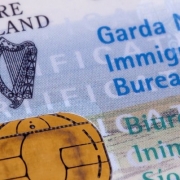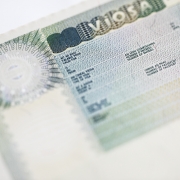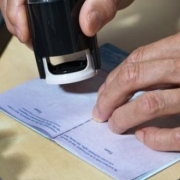DEPARTMENT OF JUSTICE PUBLISHES NOTICE FOR NON-EEA FAMILY MEMBERS OF BRITISH CITIZENS WHO ARE RESIDING IN IRELAND
On 17th September 2020, the Department of Justice published an updated notice regarding the status of non-EEA family members of British citizens who are residing in Ireland.
The Brexit transition period is due to end on 31st December 2020.
The notice states as follows:
“From the end of the transition period, non-EEA family members of British citizens that are newly resident in Ireland will not come within the scope of the EU Free Movement Directive. A separate preclearance scheme will apply to such persons seeking to reside in the State, and they should be in possession of a valid travel document and, if required, an Irish entry visa or transit visa for the State.”
We at Berkeley Solicitors welcome this update but the lack of clarity is concerning. The notice does not provide any information as to what will happen to applicants who have pending EUFam residence card applications that remain undetermined by 31st December 2020.
Our clients still do not have confirmation of what immigration rules and financial thresholds will be applied to residence/ pre clearance applications from the family members of British citizens after the 31st December 2020.
While the notice states that a separate preclearance scheme will apply to such persons seeking to reside in the State after the end of the transition period, details of the new preclearance scheme have not yet been announced.
We are also aware that a large number of residence applications for non-EEA family members of British citizens are taking considerably longer than six months to be determined. This is of great concern as the Minister is breaching the obligation to determine these applications within a six-month timeframe, thereby putting British citizens and their family members at risk that they may be refused after the 31st December 2020.
The full notice can be read here.
If you or your family are impacted by these issues please do not hesitate to contact the office.








